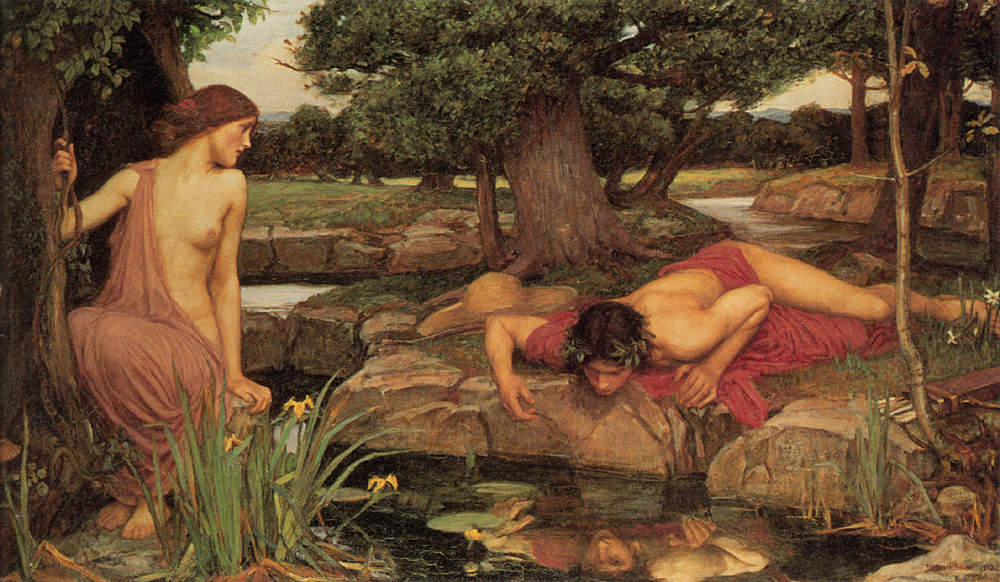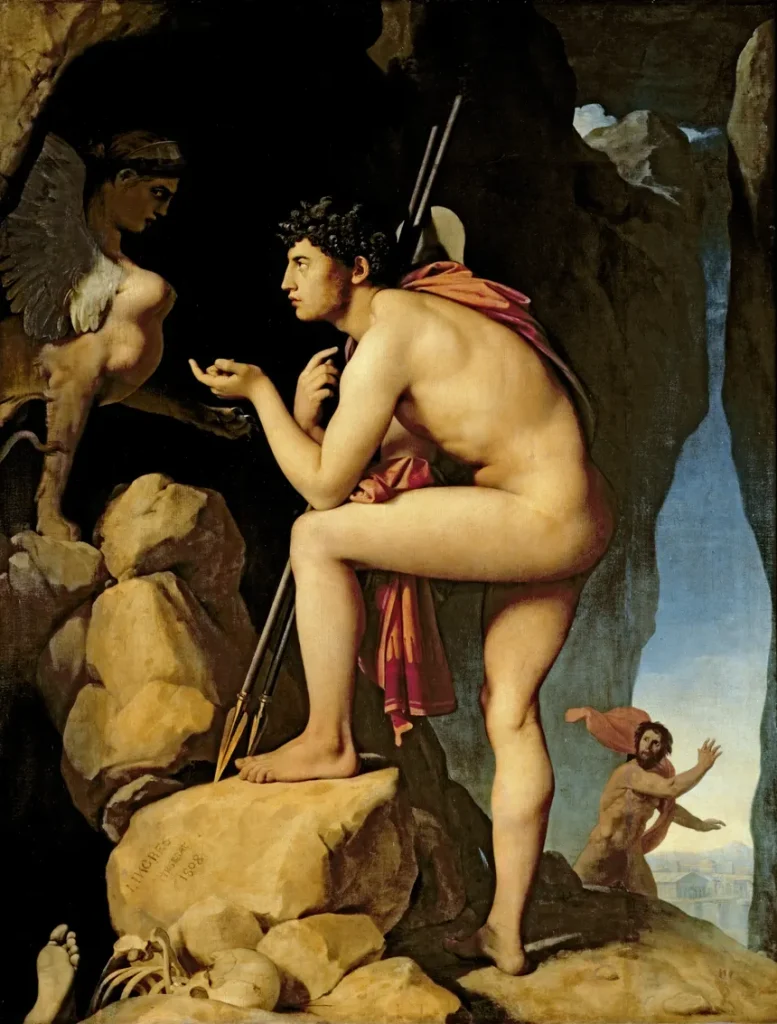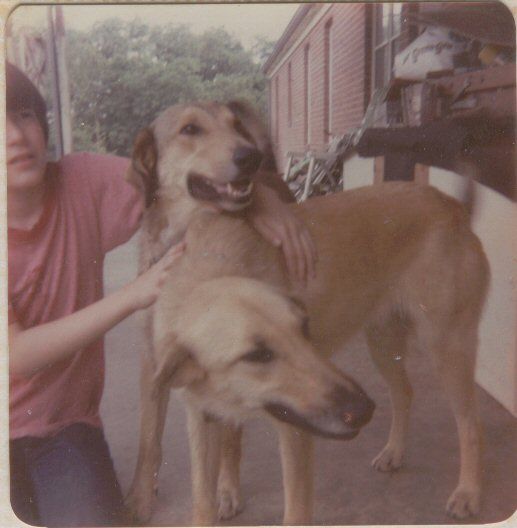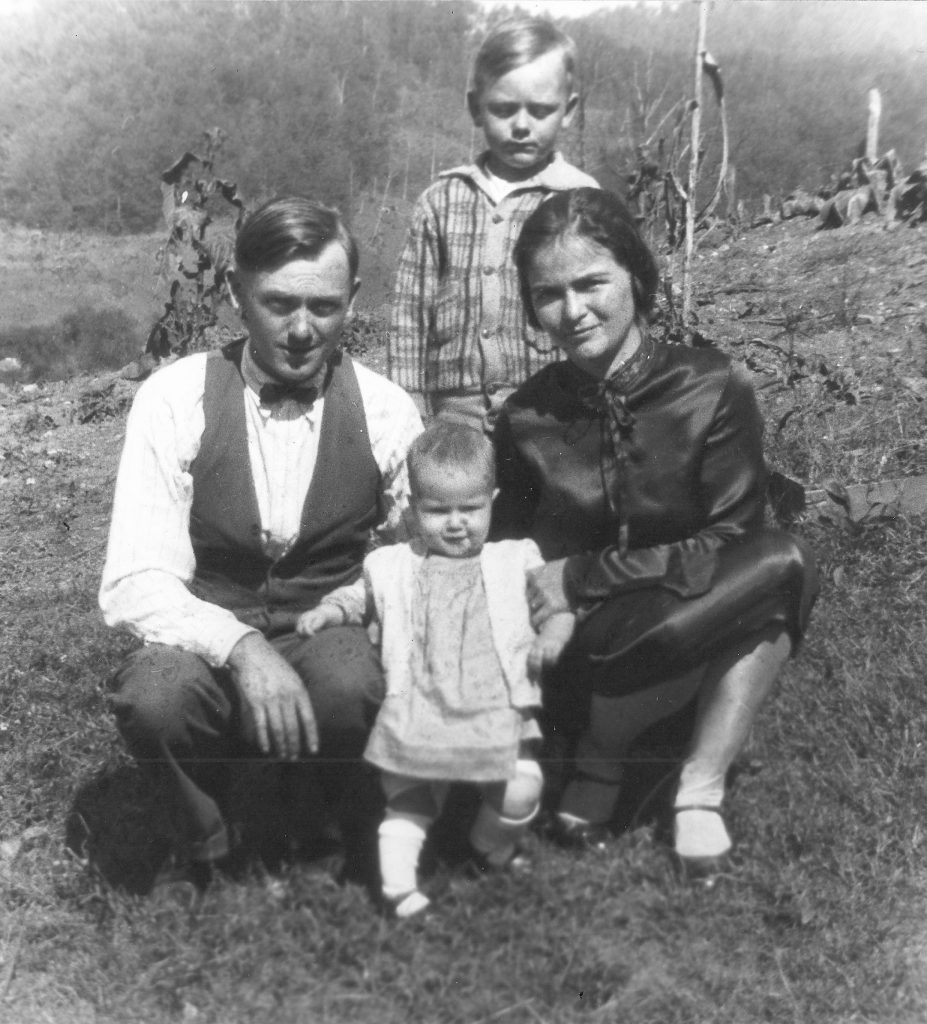I’ve been working on a novel. Big shock, right? Actually, I have four or five novels in progress, but the one that seems closest to the point of, well, getting written is one that has had me researching everything from Benjamin Banneker to the history of the Kamikaze, from the effect of trauma on the developing brain to the theories of ego and brain evolution. Oh, and I had to study the history of the Dalai Lamas. In the course of making a lot of notes and brainstorming, I wrote the core of an essay about Narcissus. That must have been when I was studying up on ego. It’s not going into the novel, even if the thing gets written, so I’ve expanded it here.
Most of us know Narcissus because he has a personality disorder named for him. Sufferers are known to have inflated opinions of themselves, to be in love with themselves. Those of us unfortunate enough to have had narcissists in their lives know they actually are victims of tragic insecurity and low self-esteem, and that they will stop at nothing to control the people around them and separate those they “love” from any family or friends who might be a threat to that control.
But the “real” Narcissus didn’t want to control others. Indeed, he largely wanted to avoid them.
Continue reading








